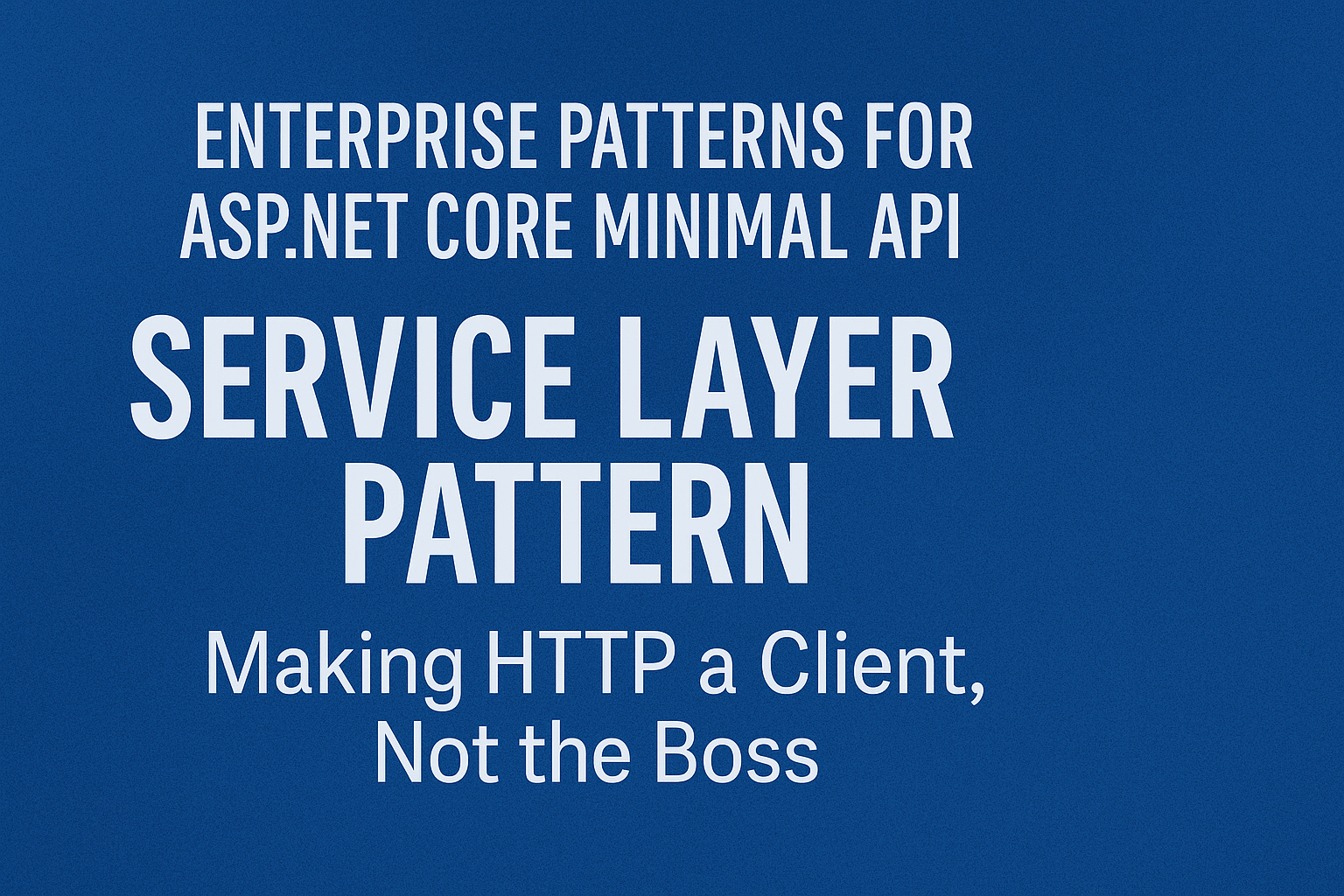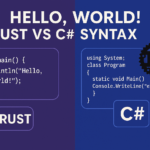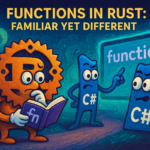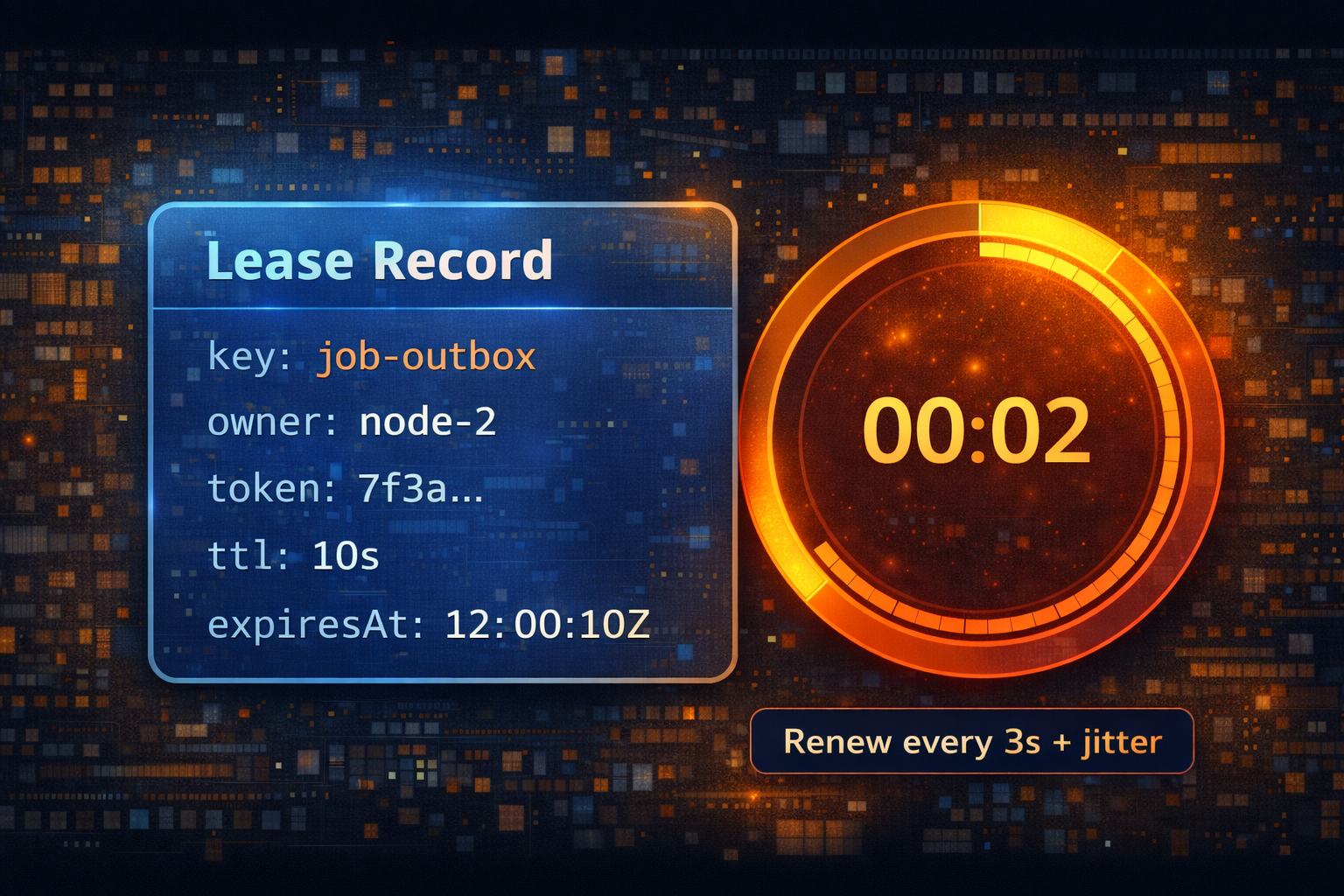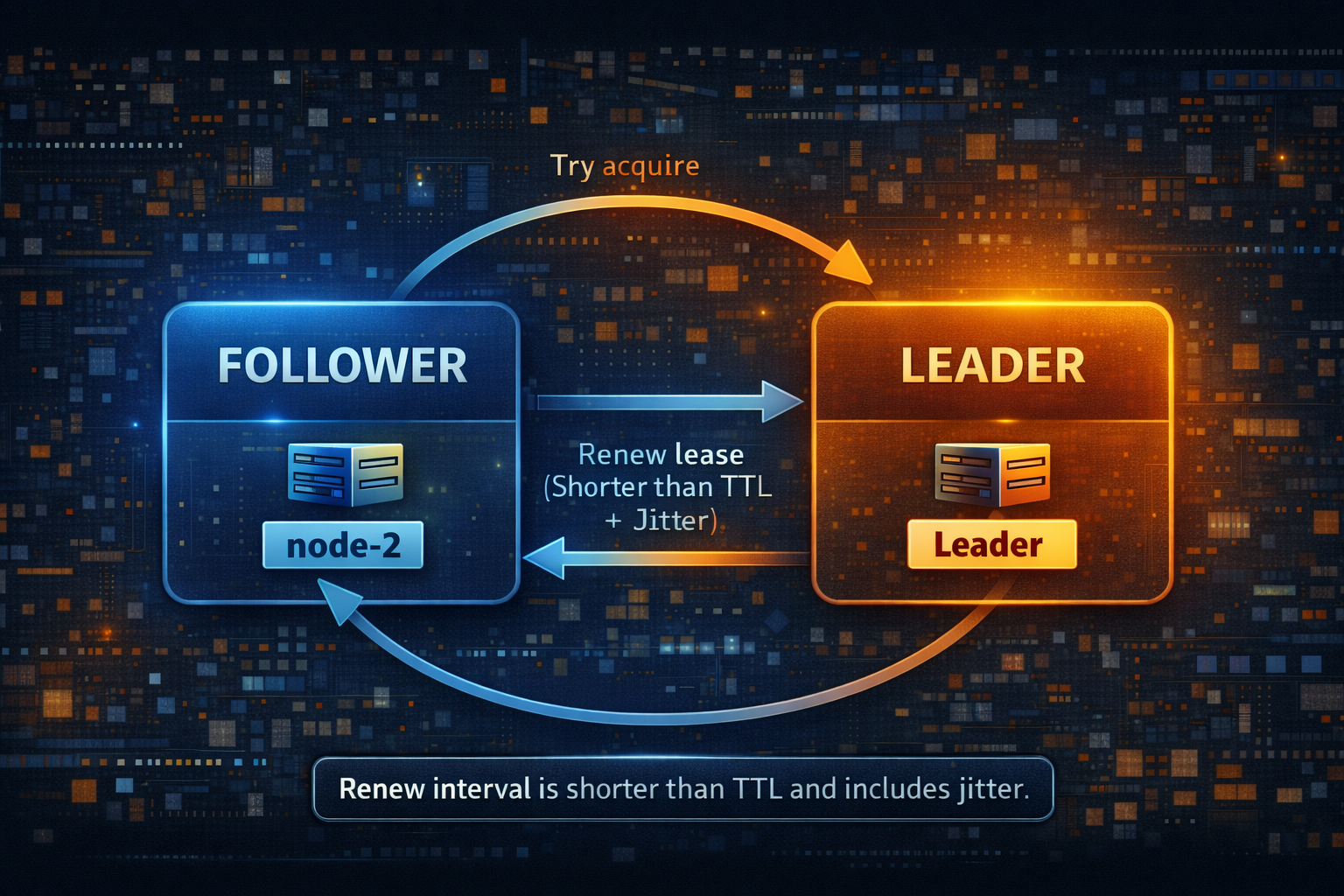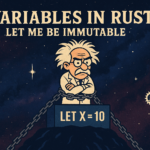
Variables in Rust: Let Me Be Immutable
- Chris Woodruff
- April 14, 2025
- Rust
- .NET, C#, dotnet, programming, rust
- 0 Comments
So today, I ran head-first into a Rust design decision that made me pause and go, “Wait… really?”
In C#, I can declare a variable with var and change it later. No fuss. In Rust? Not so fast. Your variables are frozen solid if you don’t explicitly ask for mutability. Welcome to Day 4: the world of let, mut, and what happens when your muscle memory meets a strict compiler.
The C# Way: Flexible by Default
In C#, we’re used to this kind of setup:
var name = "Chris"; name = "Woody"; // totally fine
Unless we go out of our way to make something readonly, we expect variables to be mutable. It’s the default. We use readonly for class fields when we want to protect them. But local variables? We change those all the time.
The Rust Way: Immutable Until Proven Mutable
In Rust, the story flips.
fn main() {
let name = "Chris";
name = "Woody"; // ERROR: cannot assign twice to immutable variable
}
The compiler stops you cold. Why? Because let creates an immutable binding by default.
If you want to change a value later, you need to opt the variable from the start into mutability:
fn main() {
let mut name = "Chris";
name = "Woody"; // now it's totally fine
println!("{}", name);
}
Adding mut tells Rust, “Yes, I know this might change—and I’m okay with that.”
Why Does Rust Care So Much?
Rust’s whole design centers around safety and predictability. By defaulting to immutability, the compiler helps prevent accidental state changes that can introduce bugs—especially in concurrent scenarios.
It’s like using readonly in C#, but it’s baked into every line unless you say otherwise.
You Don’t Own the Variable, You Bind It
One thing that tripped me up was this little mental shift: Rust doesn’t really talk about “declaring variables.” It talks about binding values to names.
let x = 5;
You’re binding the value 5 to the name x. It’s not just a semantic detail—this matters big-time when you get into move semantics, ownership, and borrowing (spoiler alert for next week).
Shadowing: The Plot Twist
Oh—and get this: you can “re-bind” a variable to a new value (even with a different type) using the same name:
fn main() {
let score = "100";
let score = score.parse::<i32>().unwrap();
println!("Parsed score: {}", score);
}
That’s not a mistake—it’s called shadowing, and it’s allowed (and encouraged) in Rust when you want to transform or reinterpret values without mutating state.
Wrap-Up: Mutability as a Conscious Choice
I’m starting to appreciate how Rust makes me think before changing things. It’s like the language is saying, “Are you really sure this needs to change?” And honestly, sometimes the answer is no.
C# is like a whiteboard—easy to scribble on and erase. Rust is more like a stone tablet—you can write on it, but you’d better mean it unless you explicitly chip away at it with mut.
Tomorrow, we dive into functions. Can you guess whether return values need semicolons or not? I couldn’t either.

